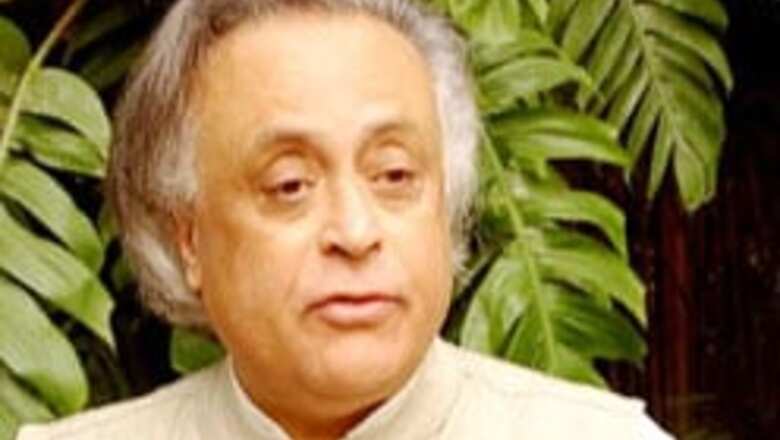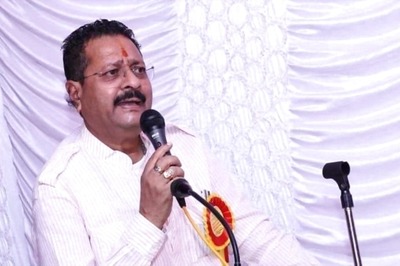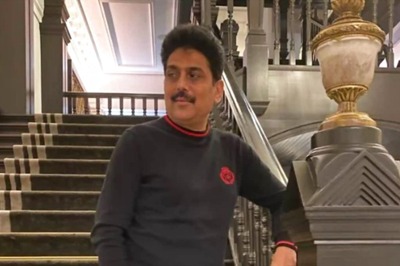
views
New Delhi: With India promising to be a “part of the solution”, huge responsibilities await Union Environment Minister Jairam Ramesh at Copenhagen as he leaves for the climate change talks on Friday morning.
Ramesh is already facing flak for his reported U-turn on India's position by seeking flexibility at the negotiations.
The Opposition has accused him of being “sold out to the US”.
Ramesh has since then been maintaining that there had been no change in his position on the basic issues of what developed and developing countries should do to fight climate change, but everything else was “negotiable” as it wanted to be the part of the solution to the problem it never created.
India has already announced emission intensity cuts in the range from 20-25 per cent, a move which has been opposed by activists and environmentalists who have accused the Government of bowing before US pressure.
At Copenhagen, however, the pressure on the Minister is expected to be much more than he faced at home, with smaller nations and island nations looking towards India to take a lead in putting forth their interest at the negotiation table.
While smaller nations want India not to ‘sell out’ on a climate agreement that lets the rich countries get away easy and put a bigger onus on poorer nations to cut emissions, they are seeking a legally binding treaty from the emerging economies.
Moreover, the allegedly leaked Danish document at the UN summit has already ‘exposed’ the developed countries intention to shift more of the burden to curb greenhouse gases onto poorer countries. The Danish proposal would also mean more conditions on money available for poor nations to adapt.
Ramesh, who had recently said that pushing the Danish draft would lead to “stalemate” at the summit, will have to try hard to bargain for India, China, Brazil and South Africa seeking legally binding cuts for rich nations.
Basic countries are lobbying for a draft based on four non-negotiable positions including no peak year for emissions and verifications of only those actions which are supported by international finance and technology.
Amid hectic negotiations, India and other developing nations have already made clear that they have no option but to continue emitting carbons, given their developmental needs including providing electricity to over 300 million people living in rural areas.
However, Tuvalu and other small island nations – most vulnerable to rising seas as a result of climate change – have called for a far stronger treaty out of Copenhagen, than is currently being considered, even seeking legally binding cuts from emerging economies like India and China.
Indian and British Prime Ministers Manmohan Singh and Gordon Brown respectively and US President Barack Obama are among more than 110 world leaders who are expected to attend the closing stages of the summit with an aim to frame a new deal to replace Kyoto Protocol.



















Comments
0 comment